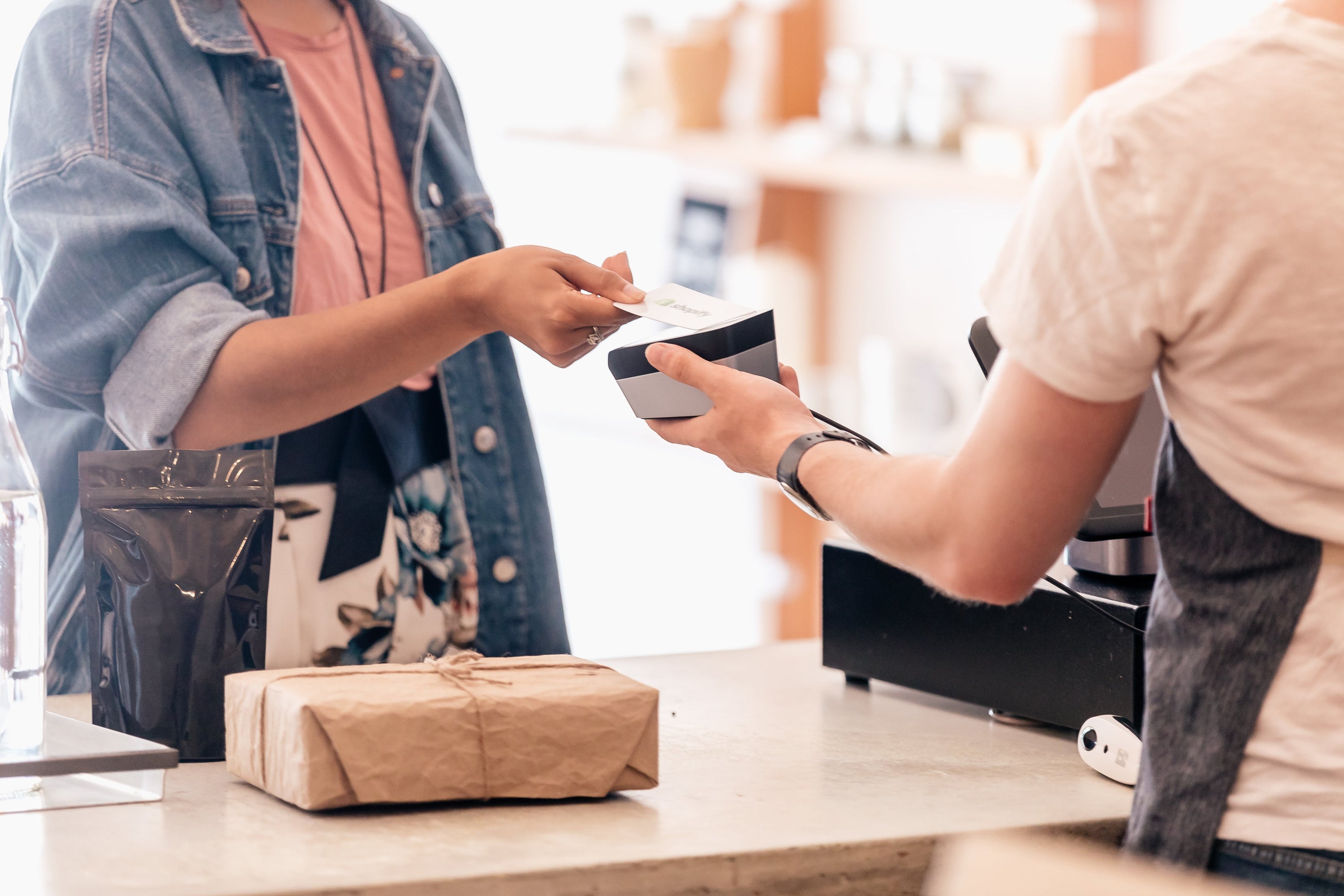
Rethinking Loyalty - An In-depth Analysis of Popular Points Systems and a New Path Forward
by Coffee Analytica Team
·
Loyalty points systems are deeply entrenched in consumer culture, aiming to incentivise spending and encourage brand allegiance. Among the most recognised is Australia's iconic Qantas Frequent Flyer programme. Let's dissect its journey, strengths, and weaknesses, examining why modern consumers often express dissatisfaction - and how innovative new platforms, such as Coffee Analytica, can reshape the concept of consumer loyalty.
1. The Qantas Points Story - A Brief History
Launched in 1987, Qantas Frequent Flyer is Australia's most renowned airline rewards programme, boasting millions of members. Initially innovative, it captured customer loyalty by linking travel spending to tangible rewards, particularly flight redemptions. Over decades, partnerships expanded to credit cards, retailers, and hospitality services, further embedding Qantas points into everyday Australian life.
2. Strengths and Consumer Appeal
-
Wide Acceptance: Versatile partnerships across multiple sectors allow members numerous earning opportunities.
-
Perceived High Value: Flight redemptions, especially upgrades, remain a significant attraction for frequent travellers.
-
Brand Prestige: Association with a reputable airline enhances the programme's perceived value and desirability.
3. Common Frustrations - Deep Dive into Diminishing Value
Despite its appeal, everyday consumers frequently express significant frustrations, particularly around the diminishing value of points:
-
Inflation and Points Devaluation: Over time, Qantas has systematically increased the number of points required for flight redemptions, effectively diluting the value of existing points. This "points inflation" means consumers must spend significantly more to achieve the same rewards, eroding trust and loyalty.
-
Expiration Policies: Points expiry further frustrates consumers. Many points go unused due to expiry rules, leaving members feeling short-changed and questioning the fairness of the programme.
-
Loyalty to a Single Brand: The programme promotes loyalty exclusively towards Qantas, potentially limiting consumer freedom and choice. Members often feel "locked-in," even when other providers offer superior deals or experiences. Moreover, participating businesses frequently suffer as consumers rarely associate earned points directly with them. This lack of brand recall and engagement means individual businesses rarely see significant increases in recurring foot traffic or enhanced lifetime customer value. Instead, all the perceived value and loyalty accrue primarily to Qantas itself.
4. Broader Issues with Traditional Loyalty Systems
These issues aren't unique to Qantas. The broader industry struggles with similar systemic problems:
-
Rigid Reward Structures: Traditional programmes often prioritise high-spending customers, alienating everyday or occasional consumers.
-
Lack of Personalisation: Generic reward options fail to reflect individual preferences, reducing emotional connection and genuine loyalty.
-
Outdated Technology: Many loyalty schemes are built on legacy systems, causing delays, technical errors, and poor user experiences.
5. The Opportunity for Innovation - Enter Coffee Analytica
Modern loyalty programmes demand fresh approaches. Platforms like Coffee Analytica can revitalise loyalty through innovation, personalisation, and customer-centricity by addressing the core failures of traditional systems:
-
Enhanced Transparency: Clear, simple terms and straightforward redemption processes cultivate trust and ease consumer frustrations.
-
Personalised Rewards: Utilising advanced analytics to deliver rewards that match individual customer preferences and lifestyle choices, significantly boosting engagement.
-
Sustainable and Ethical Focus: Integrating loyalty programmes with sustainability or ethical initiatives (e.g., ESG points) resonates deeply with today's socially conscious consumers.
6. How Coffee Analytica Can Revolutionise Loyalty Systems
Coffee Analytica can stand out by introducing:
-
Real-Time Reward Systems: Instant point accrual and immediate redemption opportunities create tangible, satisfying customer experiences.
-
Fractionalised ESG Integration: Awarding points based on the sustainability of individual purchases, thus aligning consumer loyalty with ethical behaviour and sustainability.
-
Flexible, Transparent Technology: Using advanced blockchain and AI technologies to deliver transparent, error-free loyalty experiences, reinforcing consumer trust.
7. Cost-Benefit and Implementation Challenges
-
Initial Investment: Technology upgrades and sophisticated analytics require significant upfront resources.
-
Consumer Education: New systems necessitate ongoing customer communication to ensure users understand benefits and engagement methods.
-
Partnership Development: Building comprehensive partnership ecosystems takes time, negotiation, and relationship management skills.
However, these costs are substantially outweighed by long-term benefits like enhanced brand reputation, deeper customer engagement, and sustainable growth.
8. Looking Ahead - The Future of Loyalty
Traditional loyalty systems are at a crossroads. Consumers increasingly expect personalisation, transparency, sustainability, and ease of use - factors not fully delivered by programmes like Qantas Frequent Flyer. As new entrants such as Coffee Analytica reshape the loyalty landscape, businesses must evolve rapidly or risk obsolescence.
Conclusion - From Broken Loyalty to Genuine Relationships
While legacy loyalty programmes have provided considerable value, today's sophisticated consumers require more meaningful, transparent, and flexible reward structures. Coffee Analytica’s innovative, customer-centric approach demonstrates how modern loyalty systems can create genuine consumer connections, ultimately building deeper, sustained brand loyalty and meaningful consumer relationships.